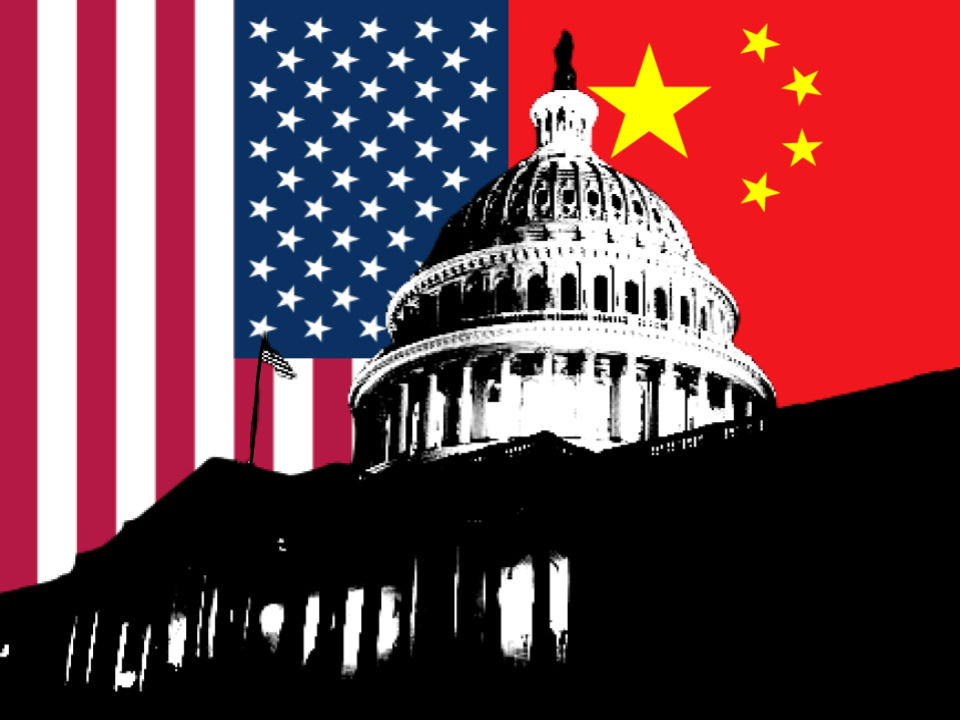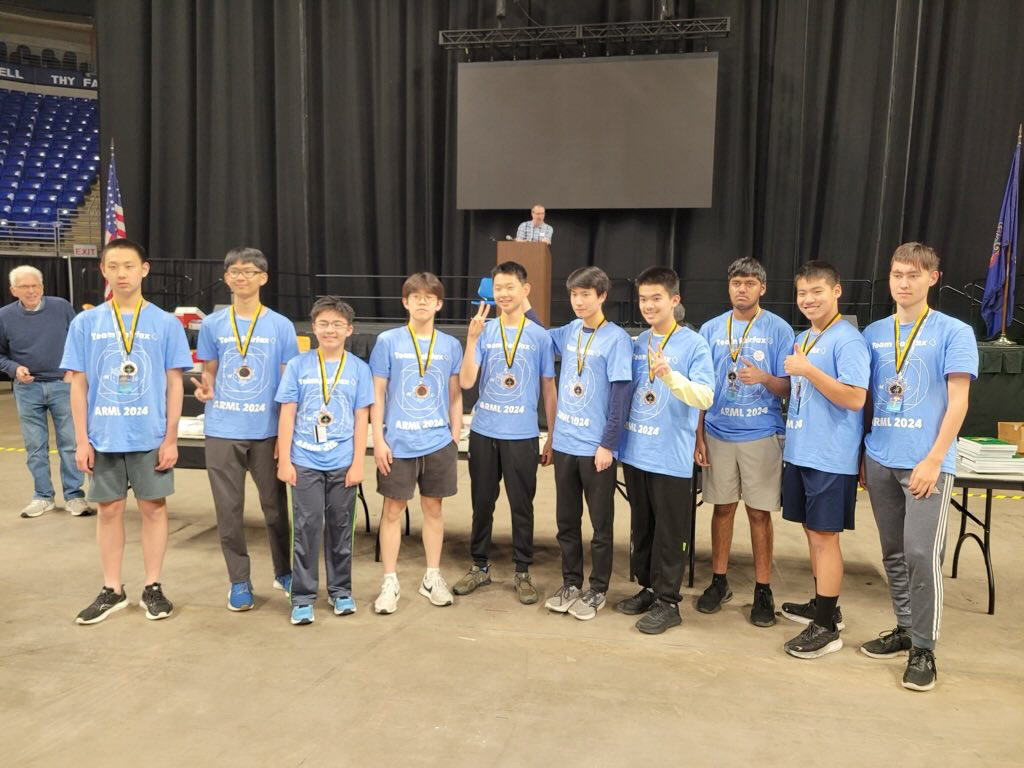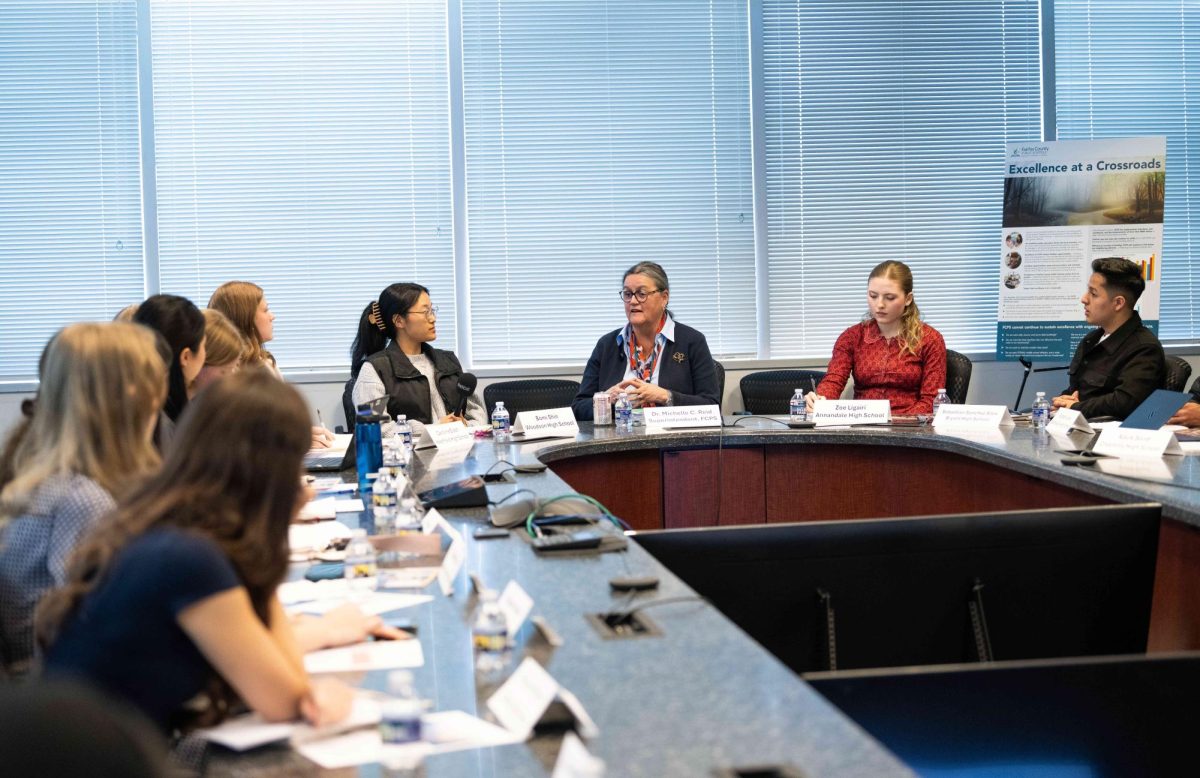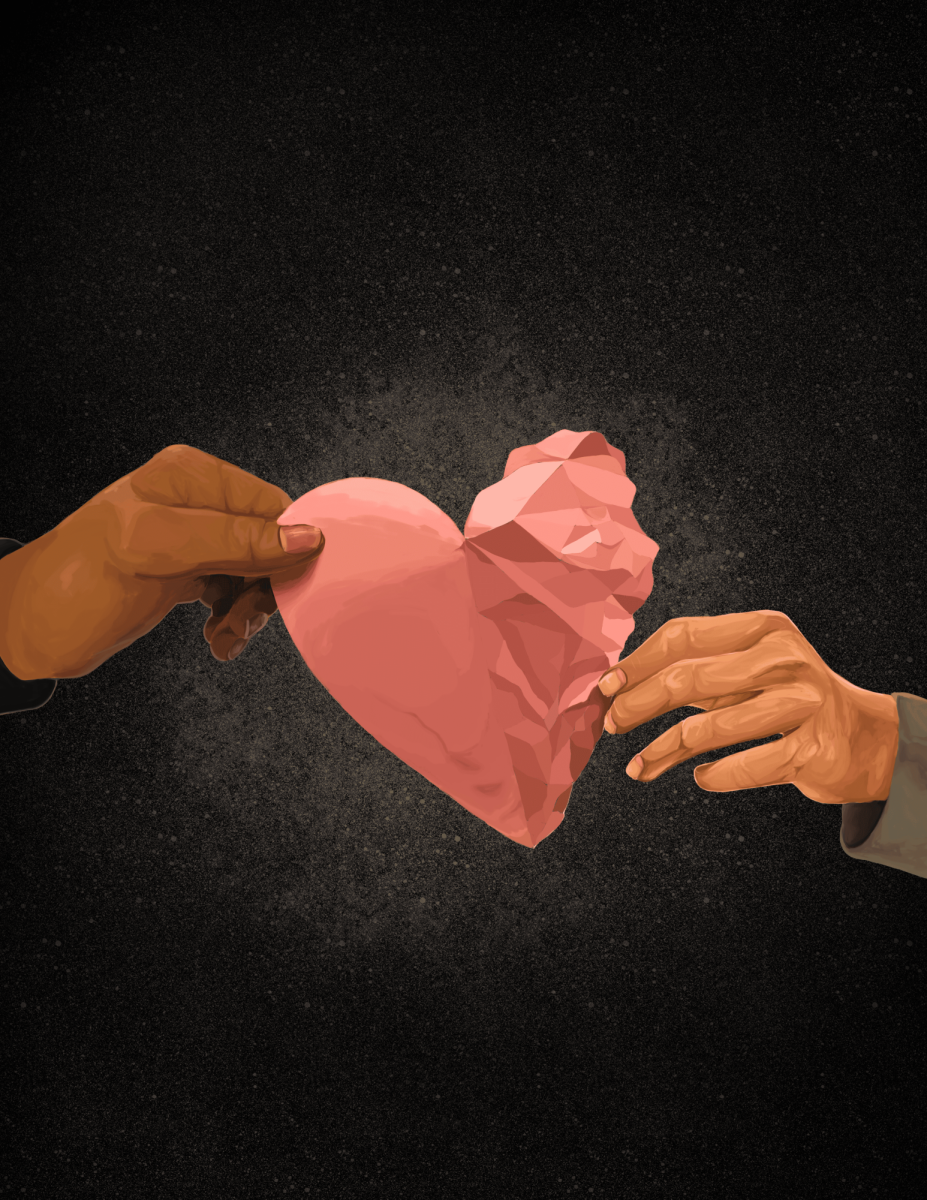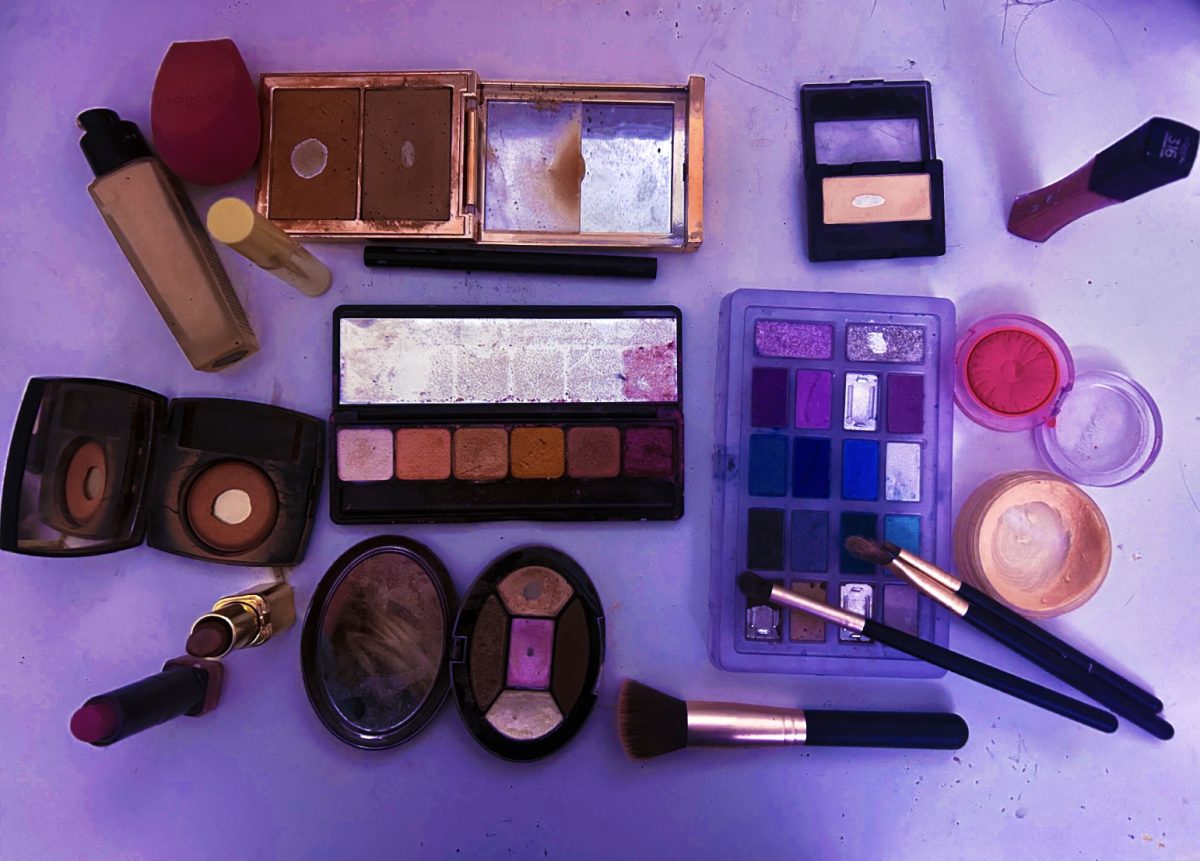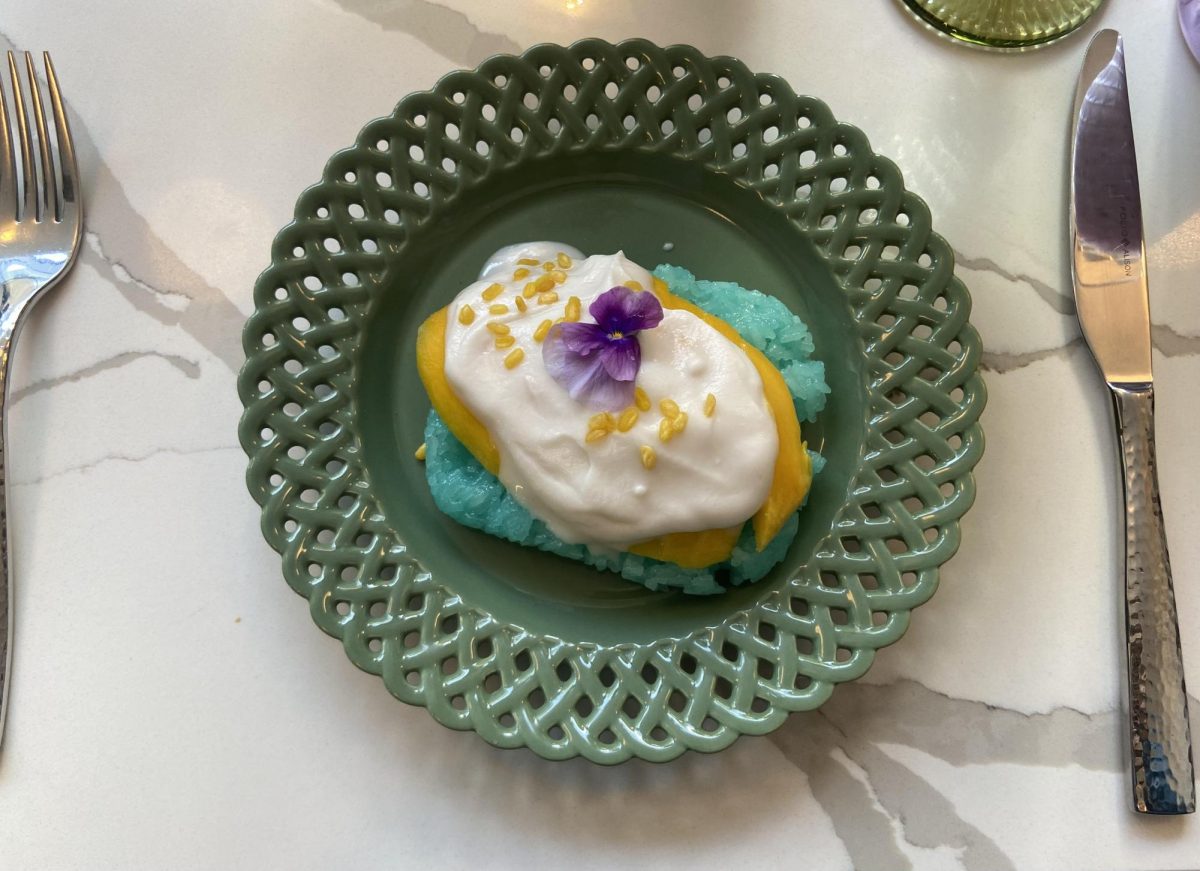From filming dances in school bathrooms to Highlander Time doom scrolling, the rise of TikTok has greatly influenced students at McLean. Yet, with geopolitical tensions rising between the United States and China, TikTok now finds itself caught right in the crosshairs of the American government.
“Communist China is America’s largest geopolitical foe,” Speaker of the House Mike Johnson said. “[China] is using technology to actively undermine America’s economy and security.”
On March 13, the House of Representatives voted 352-65 on a bill to force the Chinese company ByteDance to sell their shares of TikTok, citing privacy concerns. Given how the CCP could access American personal information, and allegedly used TikTok in the past as a source of information about Hong Kong protests, governmental officials are concerned about the safety of TikTok among American users. The bill is now currently in the process of being approved by the Senate and the president. Should ByteDance fail to sell, a ban would go into effect.
“If [China knows] everything about all your credit card numbers, they can do credit fraud. If they [have your] social security number, they could do identity fraud,” Howell said. “If they have access to who [dissidents] are, and [they] become important, they can track [them] down…which would be really extreme.”
In response to the House vote, TikTok sent out a request to all its users to “Speak up now—before your government strips 170 million Americans of their constitutional right to free expression,” an alert received by many students at McLean.
“There are also members of Congress who are saying, and the judiciary will say, this is a free speech issue,” Howell said. “So if you don’t have proof that this technology can be used to undermine someone’s liberty, then you can’t [restrict it].”
Protests against the bill extend beyond just concerns about freedom of speech. Critics are frustrated that Congress is focusing on TikTok, which they deem inconsequential in comparison to the more pressing domestic and international issues. These views are shared by junior Kiana Lopez, who researched the TikTok ban for an AP Language and Composition project.
“I feel like it’s a little bit hypocritical of the American government, particularly because there’s already a lot of borderline privacy invasions going on by American companies,” Lopez said. “But then [Congress is] just so focused on anti-communist sentiments…maybe they should focus on their own American problems first.”
If the bill is passed and ByteDance fails to sell their stocks, a potential ban on TikTok would tremendously impact students. TikTok has over 150 million downloads in the United States alone, and is especially popular among teenage demographics.
“I use TikTok almost every day,” said sophomore Joshua Riz Avino. “Watching it helps me calm down, especially if I have something big coming up like a test. If [Congress] were to ban TikTok, I would be devastated.”
TikTok is one of the most widely used apps among McLean students. A TikTok ban would force those facing an addiction to it to quit cold turkey, which will be difficult for many. For now, it is a matter of which set of ideals will win out: free speech and TikTok’s popularity or national security.
“No one sets up business in China without it being a joint venture,” Howell said. “If you go into China with any tech, it can and will be stolen by the government, and will be reproduced to their advantage…you’ve got the cell phone in your hand…Do you know when it’s on or off?”


